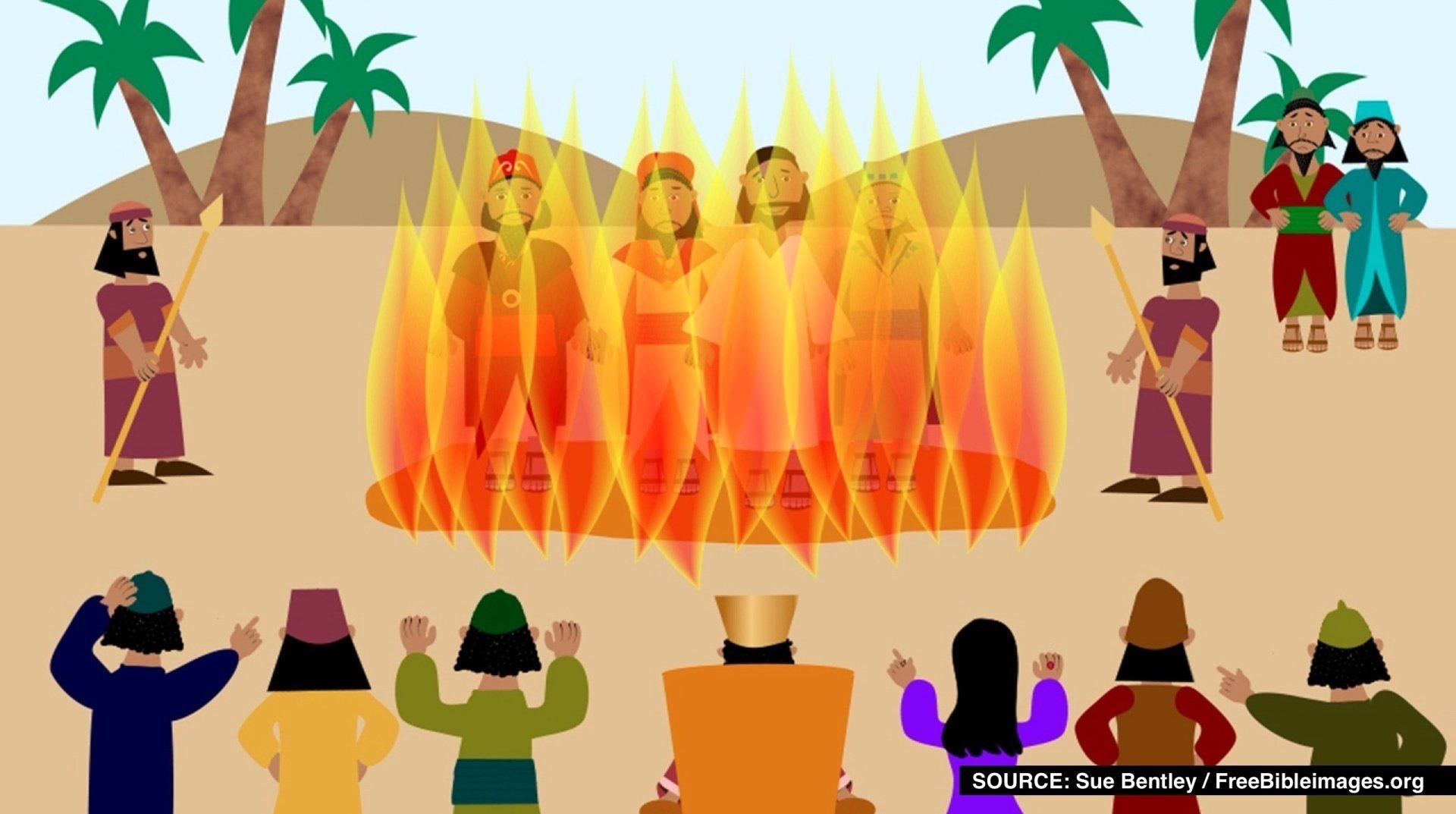The Either/Or Dilemma (in Church World), Part 2
[This is my second post of three in my “Vintage Wednesday” series on the "Either/Or Dilemma faced by many churches, re-written/updated from a blogpost back in December of 2010.]
Consider how our systems and common lingo caters to those of us who are in church world. We talk knowingly about being “born again,” “saved and justified by grace”, “having a burden for the lost,” “laying on hands,” or “being the bride of Christ.” Do Christianese terms such as these make any sense to outsiders who just happen to slip through the plate glass doors on a Sunday morning?
And what about our church programming? Does it make sense to members in the club but leave outsiders feeling confused and excluded? Consider passing statements such as, “We all remember what happened to Daniel’s three friends.” What does that say to the person who never saw a Sunday School flannel graph in their life and is Biblically illiterate? It’s simply understood that everyone present has heard the story. If we really are honest however, what we do generally translates into a holy huddle that enjoys the warmth of the campfire while unintentionally blocking out the light for those in the shadows. Perhaps in practical terms we really do have more of an either/or approach.
And what about the social gospel versus getting people saved from sin? Is it an either/or issue? I think scripture is clear that Jesus had a both/and approach—he met people’s physical needs while also addressing their root spiritual issues. Yet many of today’s evangelicals have reacted to the social gospel and focus more on just saving people’s souls, serving their congregations, and defending the faith. I believe we can do better.
British theologian John Stott lists five specific reasons why this has happened:
- The evangelical reaction against theological liberalism.
- The division of the gospel into social and spiritual categories.
- Evangelicals’ disillusionment with earthly life after World War I.
- The spread of premillenialism that emphasized a rapturous withdrawal from this evil world rather than introducing the Kingdom of heaven now.
- The spread of evangelical Christianity among the upper and middle classes who equated it, more and more, with their own personal well-being.
So how will you solve the dilemma? What conversations could you start having that may lead to a more “outsider-friendly” environment in your church? How might you integrate your approach, meeting both spiritual and physical needs?















